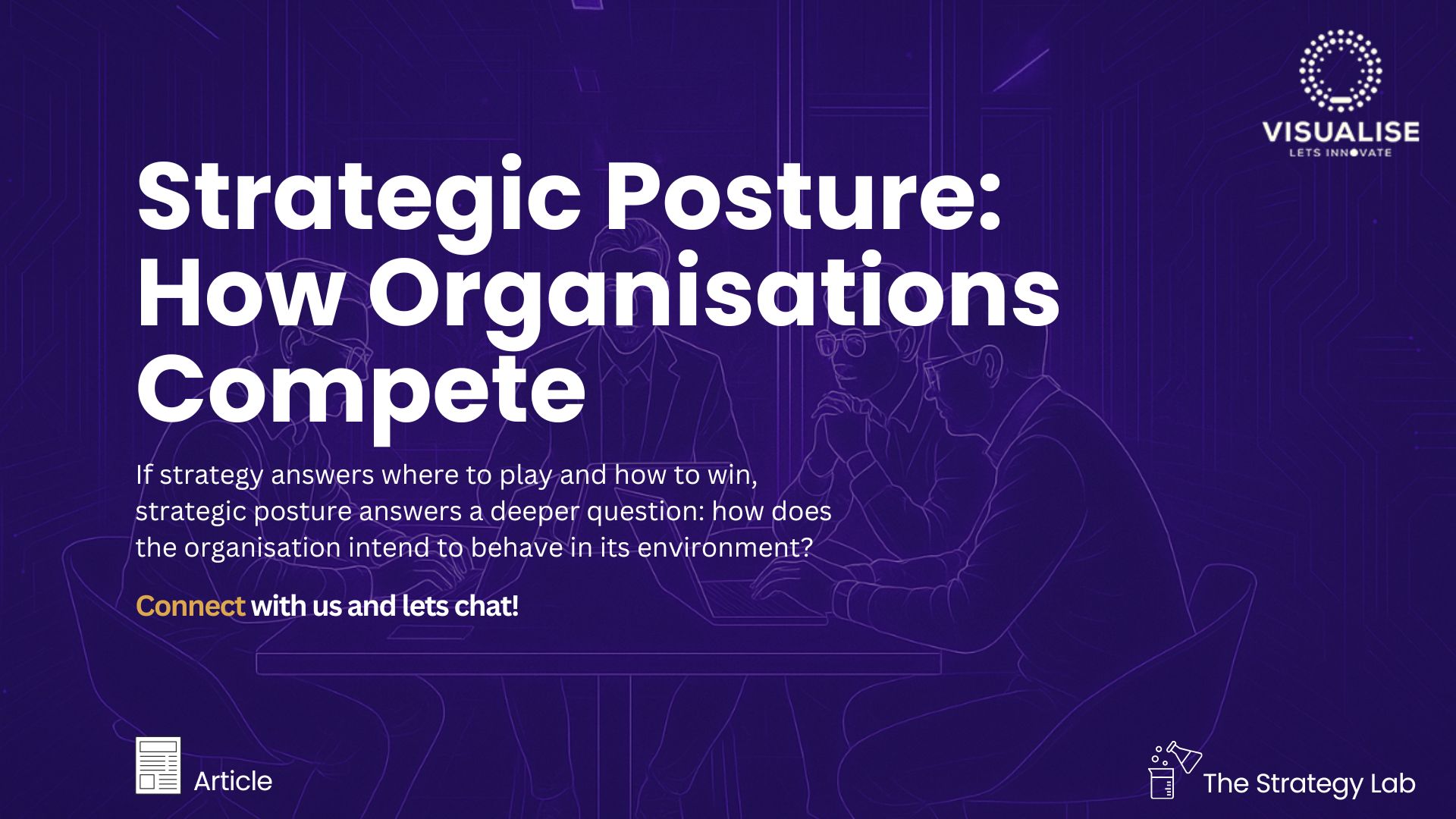Apr24

Of all the roles within the supply chain, few are as pivotal as that of the planner. Their ability to influence the smooth and responsive flow of goods and services is unparalleled. Yet it is not the grand strategic initiatives that define the true excellence of a planner, but rather the small, consistent daily habits that accumulate over time to create a resilient, agile supply chain. In the spirit of Martin Christopher’s emphasis on responsiveness, collaboration, and value creation, it is worth reflecting on the daily practices that underpin success in this critical role.
A good planner begins each day with a clear review of the landscape. They start not with a reactive glance at yesterday’s problems but with a structured, forward-looking assessment. This discipline of looking ahead ensures that actions taken today are aligned with tomorrow’s needs. A strong planner will take time each morning to review demand signals, check supply constraints, and reconcile plans with actual market movements. They understand that agility is not about constant reaction, but about anticipation, seeing potential disruptions before they emerge and positioning the organisation to respond with confidence.
Communication, so often spoken about yet so seldom practised with excellence, it is a daily ritual for the effective planner. They do not retreat into spreadsheets or rely solely on systems; instead, they actively maintain dialogue with stakeholders across sales, operations, procurement, and logistics. These conversations are not perfunctory but purposeful, designed to align expectations, surface early warnings, and reinforce a culture of shared responsibility. Trust, after all, is the lubrication of the supply chain, and planners build it incrementally, conversation by conversation.
The best planners have a commitment to continuous learning. Every day presents fresh insights if one is attentive. They approach their work with curiosity, seeking not just to process information but to understand the ‘why’ behind patterns and anomalies. They reflect daily on what went well, what could be improved, and how systems, processes, and their own judgement and instincts can be sharpened. They view forecasts and plans not as rigid edicts but as hypotheses to be tested and refined, embracing the reality that in supply chain management, certainty is a myth and adaptability is a necessity.
By David Food
Keywords: Business Strategy, Leadership, Supply Chain
 What Leaders Should Be Losing Sleep Over (But Aren’t)
What Leaders Should Be Losing Sleep Over (But Aren’t) Energy System Resilience: Lessons Europe Must Learn from Ukraine
Energy System Resilience: Lessons Europe Must Learn from Ukraine HR Is Designed to Maintain. Succession Planning Demands It Transform.
HR Is Designed to Maintain. Succession Planning Demands It Transform. AI and Embedded Connectivity: A New Era of Smart Devices
AI and Embedded Connectivity: A New Era of Smart Devices Strategic Posture: How Organisations Compete
Strategic Posture: How Organisations Compete